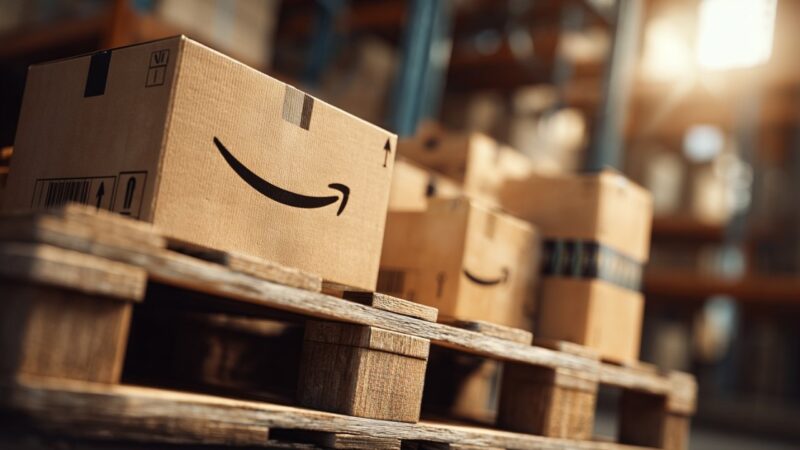When people think of Amazon’s massive logistics network, they often picture giant suburban warehouses tucked along highways in New Jersey or Pennsylvania. But Brooklyn, with its dense population and central role in New York City commerce, is also home to several Amazon facilities that keep Prime deliveries running on time.
For residents, these buildings may look like just another warehouse on a busy street, but for sellers and partners, they represent a critical link in the supply chain.
If you sell on Amazon or use FBA (Fulfillment by Amazon), knowing where these centers are, what role they play, and how their working hours are structured can help you plan your operations more efficiently.
Amazon Facilities in Brooklyn
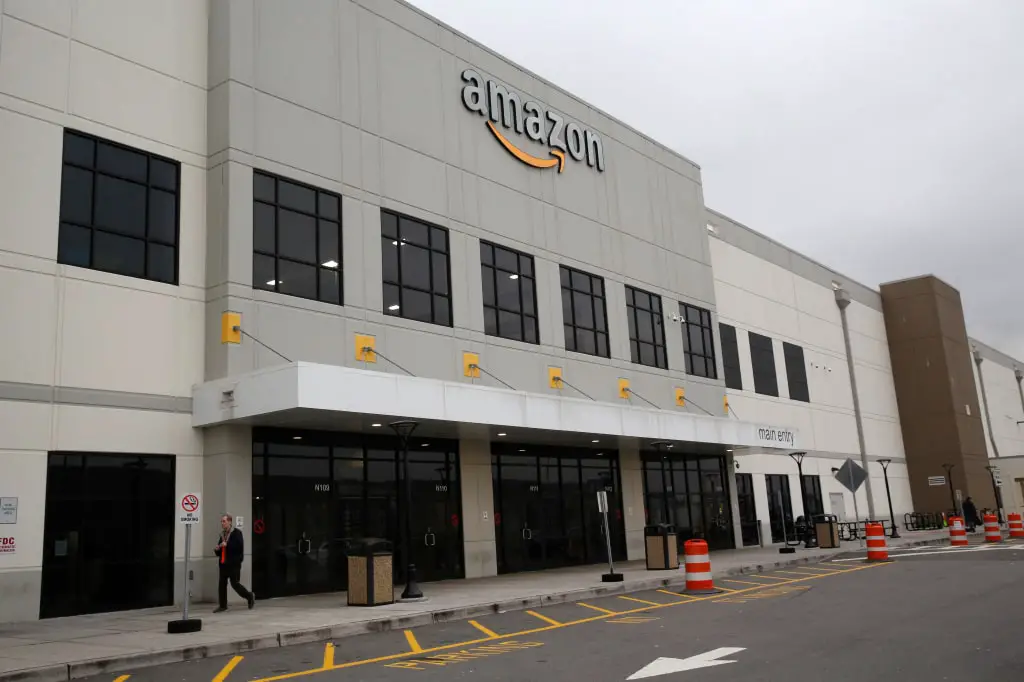
Amazon operates different types of facilities, and Brooklyn’s locations are mostly delivery stations and sortation hubs rather than the massive fulfillment centers found in nearby New Jersey or Staten Island.
That said, their role in the chain is vital because they serve as the final stop before packages reach the customer’s doorstep.
Here’s an overview of how these facilities generally operate:
| Facility Type | Primary Role | Example in Brooklyn |
| Delivery Station | Receives packages from larger fulfillment centers, sorts them by delivery route, and hands them off to Amazon Flex drivers or partner couriers. | Facilities along Linden Blvd and Flatlands Ave. |
| Sortation Center | Organizes packages by ZIP code or region, feeding them into USPS or local couriers for the last mile. | Industrial zones near East New York. |
| Fulfillment Center (regional) | Stores inventory, processes orders, and ships to delivery stations. While Brooklyn has limited full FCs, nearby Staten Island (JFK8) and Queens support Brooklyn traffic. | JFK8 in Staten Island serves much of NYC. |
For Brooklyn sellers, the distinction matters. Products aren’t stored long-term inside Brooklyn’s delivery stations.
Instead, items usually move quickly through the system, arriving in the borough after being picked, packed, and labeled at a regional fulfillment center.
Working Hours Inside Brooklyn Fulfillment Operations
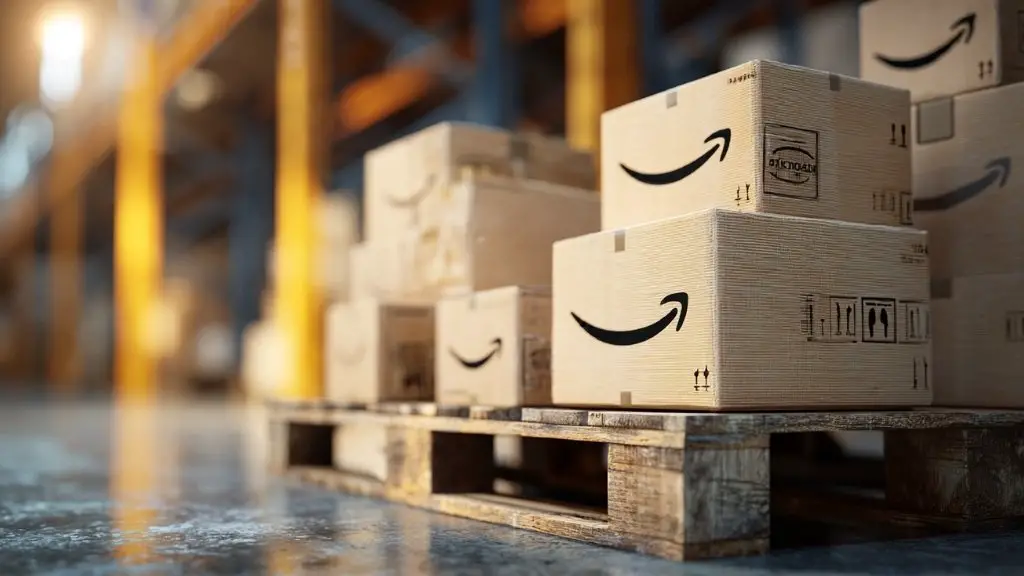
Amazon’s Brooklyn warehouses are not “nine-to-five” operations. They are shift-driven facilities, often running almost around the clock. The exact hours can vary by site, but certain patterns are common:
- Multiple daily shifts: Employees typically work morning, afternoon, or overnight schedules. Morning shifts might start as early as 5 AM, while night shifts often run until 4 or 5 AM.
- Peak season extensions: During Prime Day, Black Friday, or the holiday rush, facilities run extra hours, and overtime becomes common.
- Weekend coverage: Because Amazon promises Sunday deliveries in many NYC neighborhoods, Saturday and Sunday shifts are standard.
- Inbound vs outbound timing: Inventory arriving from regional FCs often comes overnight, while outbound packages for local customers are dispatched early in the morning or late afternoon for same-day or next-day delivery.
This schedule keeps packages flowing through Brooklyn efficiently. For sellers, it means that timing inbound shipments correctly is key; if inventory misses its scheduled slot, processing can be delayed by a full day.
Why Sellers Should Care About These Facilities
Even if you never set foot inside a Brooklyn fulfillment center, its operation affects you as a seller. Faster local processing means quicker delivery times for customers in New York City, which can directly boost your seller ratings.
On the other hand, bottlenecks or missed compliance steps at the warehouse level can delay sales and impact your account performance.
This is why many sellers rely on third-party prep services to make sure their shipments are compliant before they ever reach Amazon. A trusted partner like an Amazon Prep Center in Delaware ensures that products are correctly labeled, packaged, and scheduled, so when they arrive in Brooklyn or any other fulfillment hub, they flow smoothly through the system without triggering delays or rejections.
Brooklyn in the Bigger Amazon Network
Brooklyn is not an island when it comes to Amazon’s logistics strategy. While the borough plays an important role in last-mile delivery, the real backbone of Amazon’s New York metro area operations lies in the tri-state network: Staten Island, New Jersey, and even parts of Connecticut.
These larger facilities act as the primary storage and order-processing centers, while Brooklyn’s smaller stations handle sorting and final delivery.
Staten Island: The Giant Neighbor
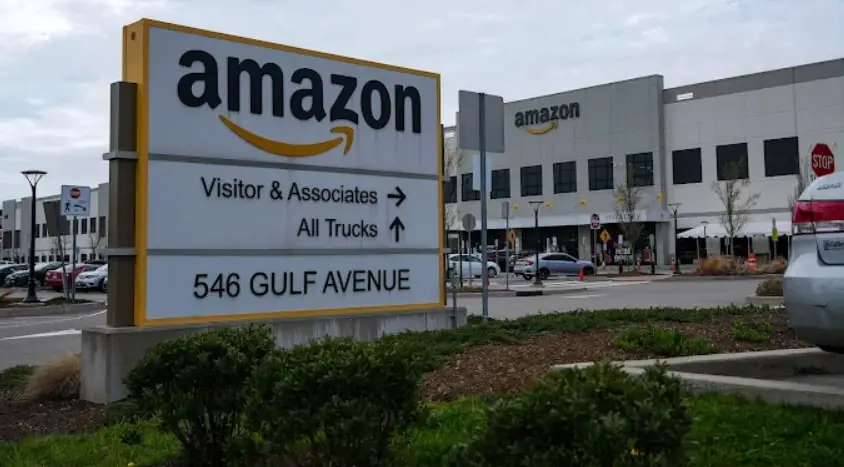
One of the most important pieces of Amazon’s NYC network is the JFK8 fulfillment center in Staten Island, a facility covering more than 855,000 square feet.
Unlike Brooklyn’s smaller stations, JFK8 is a true fulfillment center; inventory is stored there, orders are picked and packed, and shipments are sent out to Brooklyn, Manhattan, and New Jersey.
For most Brooklyn sellers, this is the nearest “big box” hub where inventory is likely to be processed before entering the borough.
| Facility | Size | Function | Service Area |
| JFK8 (Staten Island) | ~855,000 sq. ft. | Full FC (storage, picking, packing) | Serves all five NYC boroughs and parts of NJ |
| Brooklyn Delivery Stations | 100k–200k sq. ft. | Last-mile sorting and dispatch | Focus on Brooklyn ZIP codes |
| Queens Delivery Stations | Medium | Delivery and sortation | Serves Queens & parts of Brooklyn |
New Jersey: The Regional Backbone
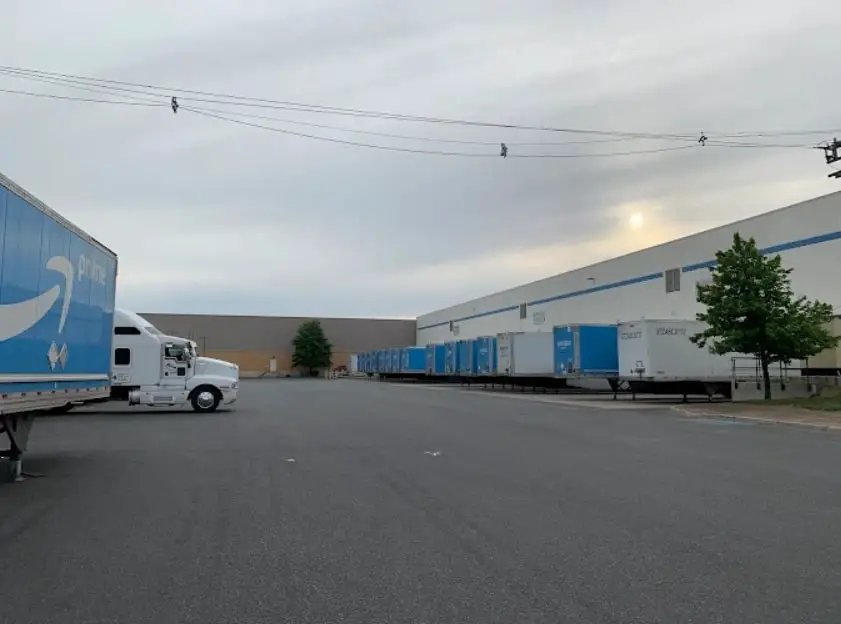
Across the Hudson River, New Jersey is packed with some of Amazon’s largest facilities in the Northeast. Cities like Carteret, Edison, and Robbinsville host massive fulfillment centers that act as feeder hubs for Brooklyn and the entire NYC area.
These warehouses often store a wide variety of goods, electronics, apparel, and home goods, and ship them eastward into New York City for final processing.
| NJ Facility | Type | Notes |
| Carteret (EWR9) | Fulfillment Center | Major hub for standard shipping into NYC |
| Robbinsville (EWR4) | Fulfillment Center | Among the largest in NJ, it handles diverse products |
| Edison (EWR5) | Fulfillment Center | Supports both NJ and NY delivery stations |
Without these New Jersey mega-centers, Brooklyn’s delivery stations would have little to process. They are the “engine rooms” that keep inventory flowing eastward.
Why Brooklyn Still Matters
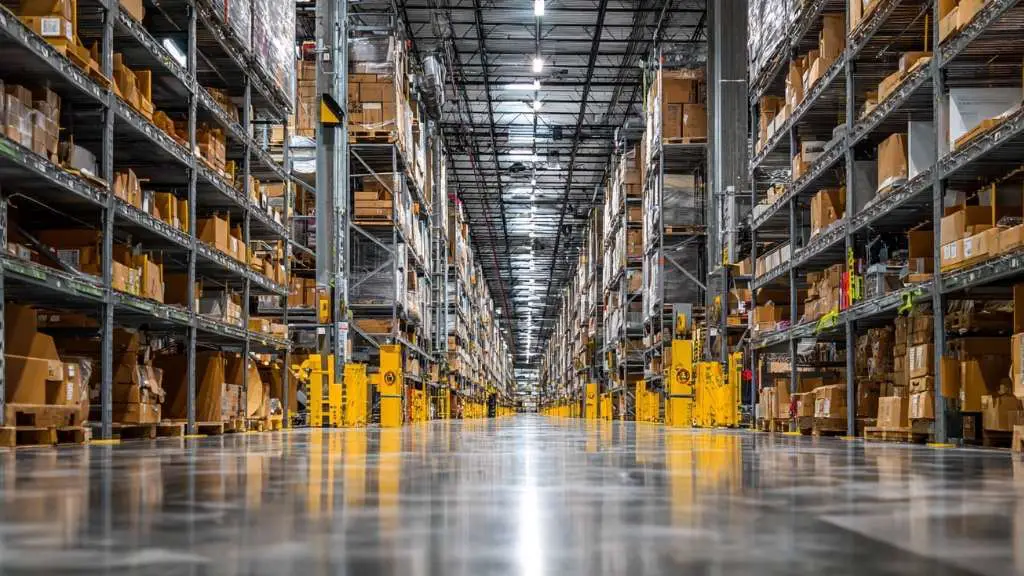
Even though Brooklyn isn’t a storage powerhouse, it provides a critical last-mile advantage. Customers in New York expect same-day or next-day shipping as standard, and Brooklyn delivery stations help make that possible.
By staging inventory closer to dense neighborhoods, Amazon reduces delivery times and costs.
Think of it as a relay system: Staten Island and New Jersey handle the heavy lifting, storage, packing, and large-scale logistics, while Brooklyn ensures the final handoff happens quickly and efficiently.
Putting It Together: The Tri-State System
Here’s a simplified way to look at Amazon’s network across the region:
| Region | Primary Role | Impact on Brooklyn Deliveries |
| New Jersey | Bulk storage and order fulfillment | Supplies most of the inventory moving into NYC |
| Staten Island (JFK8) | Large-scale fulfillment, picking, packing | Directly feeds Brooklyn stations |
| Brooklyn | Last-mile sorting and dispatch | Ensures packages arrive same-day or next-day |
| Queens & Manhattan Micro-Hubs | Micro-fulfillment and small-scale sortation | Supplement local capacity during peak seasons |
Conclusion
Amazon fulfillment centers in Brooklyn are smaller and more specialized than the giant facilities outside the city, but they play an outsized role in keeping New York City’s fast-paced e-commerce engine running. They operate on multiple shifts, often into the night, and they form the link between Amazon’s massive regional hubs and the end customer’s doorstep.
For sellers, understanding this system is key. It’s not just about where the warehouses are located; it’s about how their working hours, staffing schedules, and throughput influence your ability to deliver quickly and maintain strong seller metrics.
By working with reliable prep partners and aligning your logistics strategy with Brooklyn’s local operations, you can ensure that your inventory arrives on time, gets processed smoothly, and keeps your customers happy.

